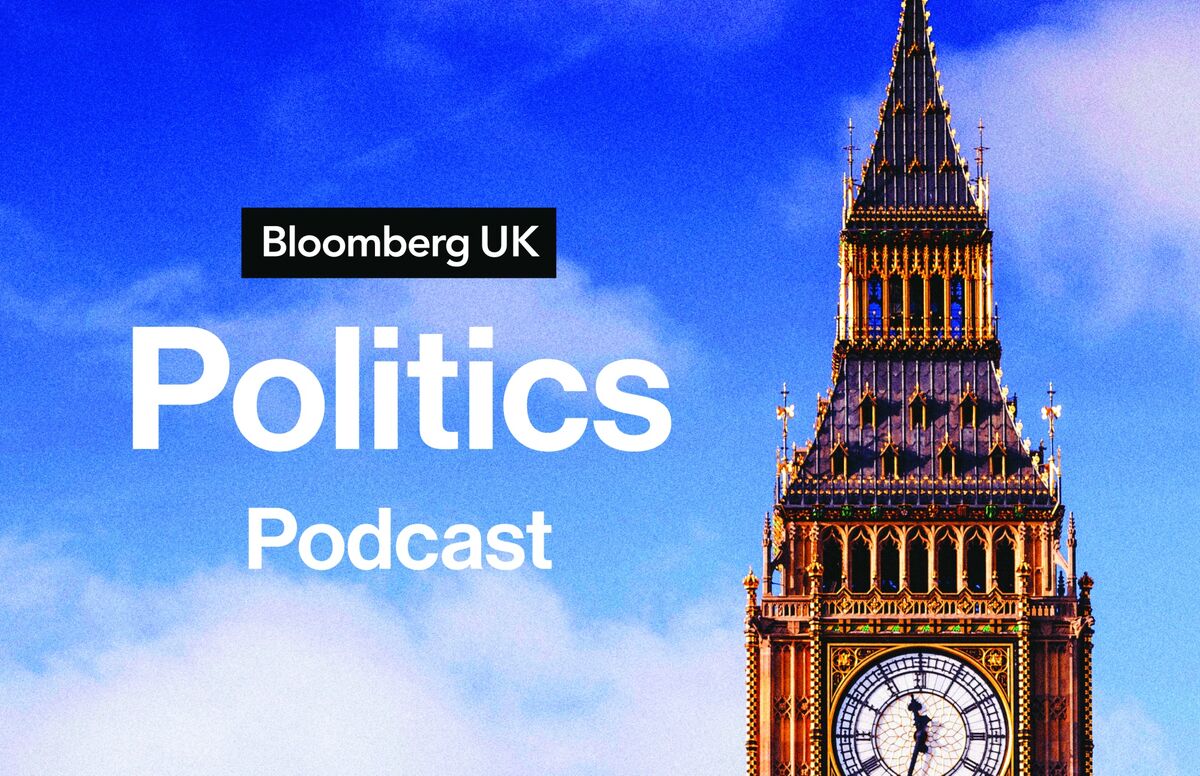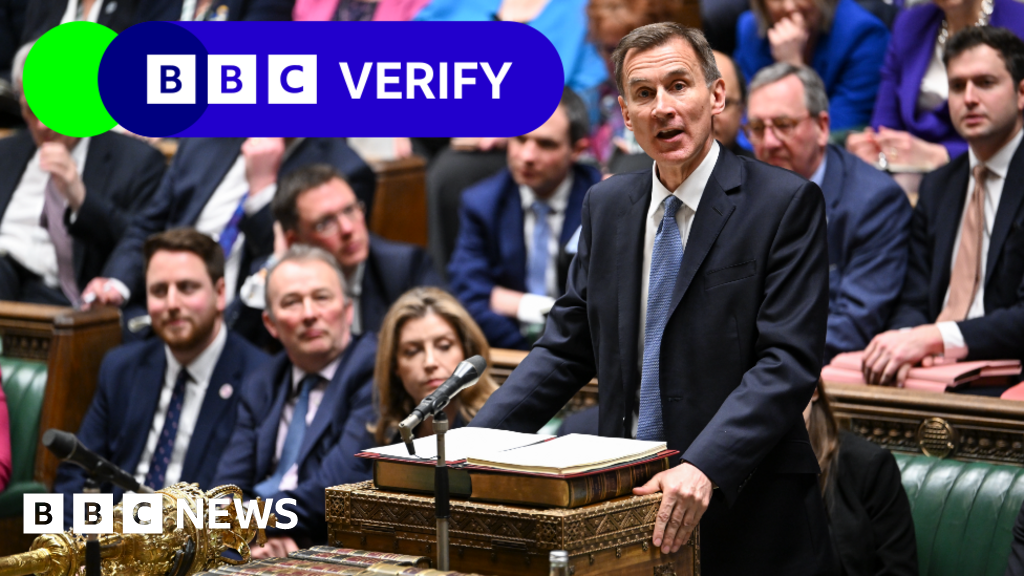
The UK is facing a recession this year, according to British Finance Minister Jeremy Hunt. Despite the economic challenges, he has been under pressure to offer tax cuts before the upcoming General Election in order to appeal to voters and boost his party's chances of winning. However, due to fragile public finances and a stagnant economy that recently entered a modest technical recession, it is unclear how much Hunt can afford to cut taxes without causing further harm. Inflation has also been an issue in the UK for some time now.

